“Super clean” vegan protein from nuts and seeds play an important role in the Clean Cuisine anti-inflammatory nutrition program.
When it comes to eating clean and picking the “cleanest” protein sources, it is important to remember plant foods are lowest on the food chain and therefore contain considerably fewer toxins than animal foods. Vegan protein will always be “cleaner” than animal protein. Keep in mind that for every step you climb up the food chain ladder, there is a greater chance of accumulating and concentrating toxins found in the environment; toxic overload can tip the body’s balance toward inflammation, illness and accelerated aging. While it would be ideal to eat 100 percent organic food, if this is not possible — and it usually isn’t — it is important to know you will always get far fewer toxins choosing nonorganic protein-rich plant foods over even certified organic animal foods. Nuts and seeds make a superior plant-based source of protein and come packaged with numerous health-promoting additional nutrients.
But Aren’t Nuts and Seeds Fattening?
Apparently not.
We know when most health and weight conscious people think of healthful protein sources their minds start to wander towards thoughts of egg white omelets and boneless skinless chicken breasts — not towards “fat-rich” nuts and seeds. But this turns out to be a big mistake. It would be a lot better for people who are trying to lose weight to eat more “clean” vegan protein and less animal protein.
In fact, epidemiological studies actually show an inverse relationship between nut consumption and BMI and a study published in the American Journal of Clinical Nutrition showed that people who are allowed to eat as many nuts as they liked on a regular basis were actually slimmer than their non-nut-eating peers. (1)
Additional research shows regular nut and seed consumption is closely correlated with long-term weight loss. Even your risk of developing diabetes, a condition intimately related to obesity, is reduced by eating nuts and seeds. (2)
Keep in mind in addition to their protein, nuts and seeds are one of your best sources of healthful “whole fats.” And, “whole fats” are going to be more filling and satisfying than the same number of calories and the same amount of fat grams from oil. The whole fats come packaged with necessary nutrients and tummy-filling fiber too. So if you are trying to lose weight it makes sense to get more of your dietary fat from whole foods like nuts and seeds rather than from the oils made from them. And of course from a general health standpoint, the healthiest fat choice will always be raw whole fats instead of the oils made from those foods. For example, ground flaxseeds offer health benefits such as fiber and potent cancer-fighting lignans, both of which are missing in the oil. It’s not that flax oil is bad, it’s just that ground flaxseeds are an even better choice.
More Benefits of Nuts and Seeds
Swapping some of your animal protein for nuts and seeds will not only slim your waist, it will boost your health and help you live a longer and better life too.
A review of epidemiological studies such as the Adventist Health Study, Iowa Women’s Health Study, Nurses’ Health Study, Physicians’ Health Study, and CARE Study show eating raw nuts and seeds increase the lifespan and decrease the risk of dying from all causes.(3)
In a study published in the Archives of Internal Medicine, men who ate raw nuts had an astonishing half the risk of sudden cardiac arrest compared to men who did not eat nuts.(4)
In a study published in the American Journal of Clinical Nutrition, researchers documented that walnuts could reduce total cholesterol and bad LDL cholesterol levels, even when no other dietary changes were made.(5) Macadamia nuts have been shown to produce similar benefits, and pecan-enriched diets have been shown to favorably alter blood lipid profiles in healthy men and women.(6)
The lignans in flaxseeds, chia seeds and sesame seeds are structurally similar to estrogen and can actually bind to estrogen receptors in your body – this capability allows lignans to either have weak estrogenic activity or block the actions of excess harmful estrogen in the body. For this reason, plant lignans can help reduce the risk of hormone-related cancers such as breast cancer and prostate cancer. (7 ,8, 9, 10)
Hemp seeds are one of only a very few sources of GLA (gamma-linolenic acid), a super special type of highly anti-inflammatory omega-6 “super fat” that not only reduces inflammation but also supports a healthy metabolism, nourishes your hair, skin and nails and even helps regulate hormone, including banishing PMS symptoms. (Note if you are not familiar with hemp seeds you can read more about their amazing benefits HERE.)
Obviously it would be impossible to study each and every single nut variety on the face of the earth, but a review of the nutrition research clearly shows regular consumption of nuts and seeds are unarguably associated with a healthy, trim body. As far as we are concerned, it really doesn’t matter which specific nut or seed you choose to eat. What does matter is that you choose the cleanest and healthiest nuts and seeds…
What are the Healthiest Nuts and Seeds?
Undressed, unfancy, naked, raw nuts and seeds are the superior choice. Dry roasted nuts and seeds are second best, but you specifically want to avoid the nuts and seeds roasted in any type of oil. The ingredients list for packaged nuts should not include any oil at all (especially because the oils used to roast nuts and seeds are those pro-inflammatory omega-6 rich vegetables oils we are specifically trying to get you to avoid.)
Note: It is ok to roast nuts and seeds yourself or to sear in a dry pan on the stovetop as part of a recipe, but you want to make sure you buy your nuts and seeds raw.
Freshness is Key!
Nuts and seeds can go rancid if exposed to too much light and if left sitting around for too long. Eating rancid fats can be harmful and can increase inflammation in your body. To keep your raw nuts and seeds ultra-fresh it is generally best to store them in airtight containers in the refrigerator or in your freezer. Air-tight mason jars are also a good option if you want to store your nuts and seeds in the pantry.
![]()
References:
- J. Sabate, “Nut Consumption and Body Weight,” American Journal of Clinical Nutrition 78, suppl. 3 (2003): 647S–50S.
- R. Jiang, J. E. Manson, M. J. Stampfer, et al., “Nut and Peanut Butter Consumption and Risk of Type 2 Diabetes in Women,” Journal of the American Medical Association 288, no. 20 (2002): 2254–60.
- J. Sabate, “Nut Consumption, Vegetarian Diets, Ischemic Heart Disease Risk, and All-Cause Mortality: Evidence from Epidemiological Studies,” American Journal of Clinical Nutrition 70, suppl. 3 (1999): 500S–03S.
- C. M. Albert, J. M. Gaziano, W. C. Wilett, and J. E. Manson, “Nut Consumption and Decreased Risk of Sudden Cardiac Death in the Physicians’ Health Study,” Archives of Internal Medicine 162, no. 12 (2002): 1382–87.
- R. U. Almario, V. Vonghavaravat, R. Wong, and S. E. Kasim-Karakas, “Effects of Walnut Consumption on Plasma Fatty Acids and Lipoproteins in Combined Hyperlipidemia,” American Journal of Clinical Nutrition 74, no. 1 (2001): 72–79.
- J. D. Curb, G. Wergowske, J. C. Dobbs, et al., “Serum Lipid Effects of a High- Monounsaturated Fat Diet Based on Macadamia Nuts,” Archives of Internal Medicine 160, no. 8 (2000): 1154–58. S. Rajaram, K. Burke, B. Connell, et al., “A Monounsaturated Fatty Acid-Rich Pecan-Enriched Diet Favorably Alters the Serum Lipid Profile of Healthy Men and Women,” Journal of Nutrition 131, no. 9 (2001): 2275–79.
- Higdon J: Lignans. In An Evidence-Based Approach to Dietary Phytochemicals. New York: Thieme; 2006: 155-161
- Milder IE, Arts IC, van de Putte B, et al: Lignan contents of Dutch plant foods: a database including lariciresinol, pinoresinol, secoisolariciresinol and matairesinol. Br J Nutr 2005;93:393-402
- Coulman KD, Liu Z, Hum WQ, et al: Whole sesame seed is as rich a source of mammalian lignan precursors as whole flaxseed. Nutr Cancer 2005;52:156-165.
- Adlercreutz H: Lignans and human health. Crit Rev Clin Lab Sci 2007;44:483-525.



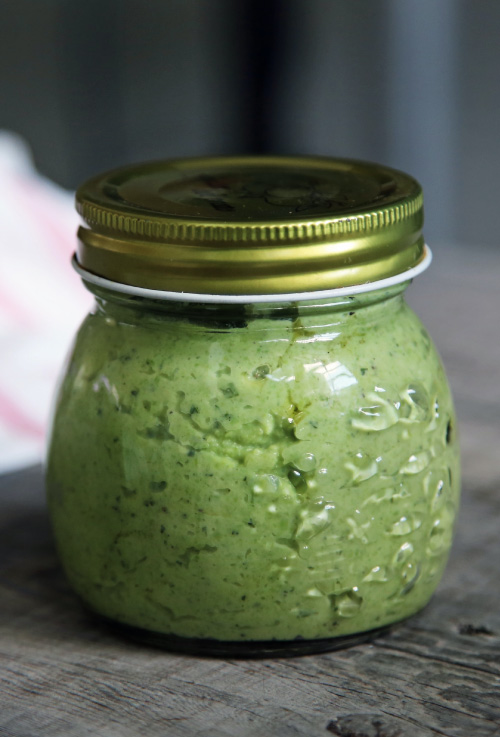
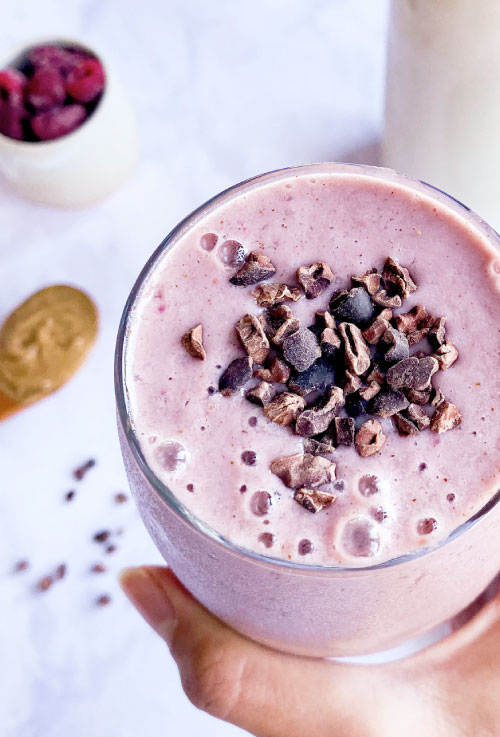
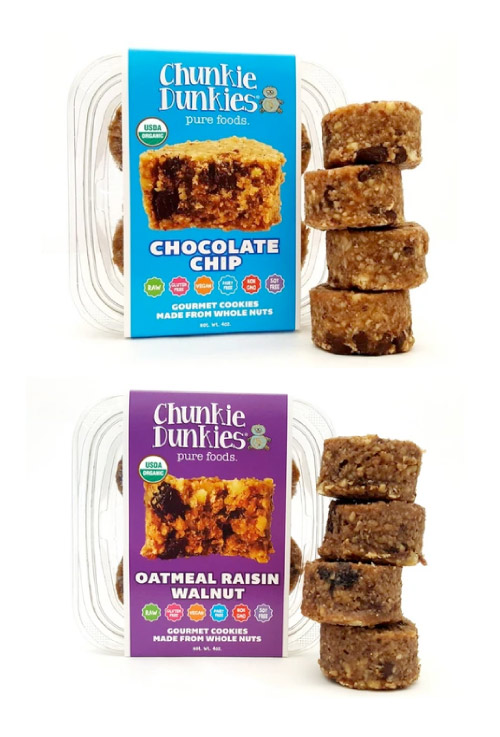
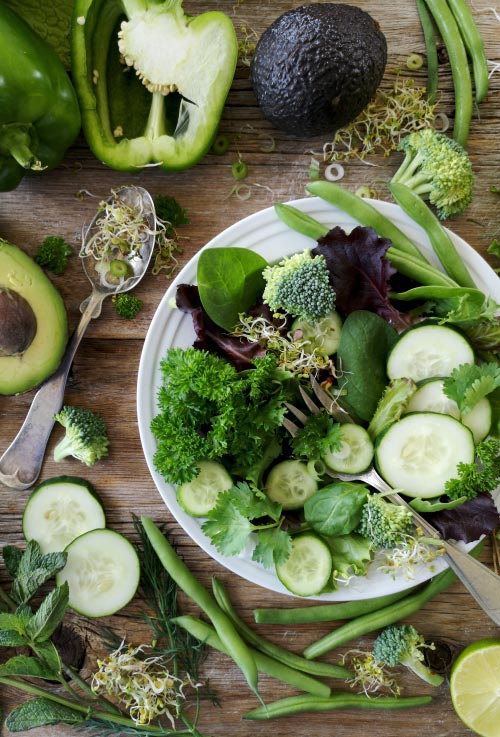
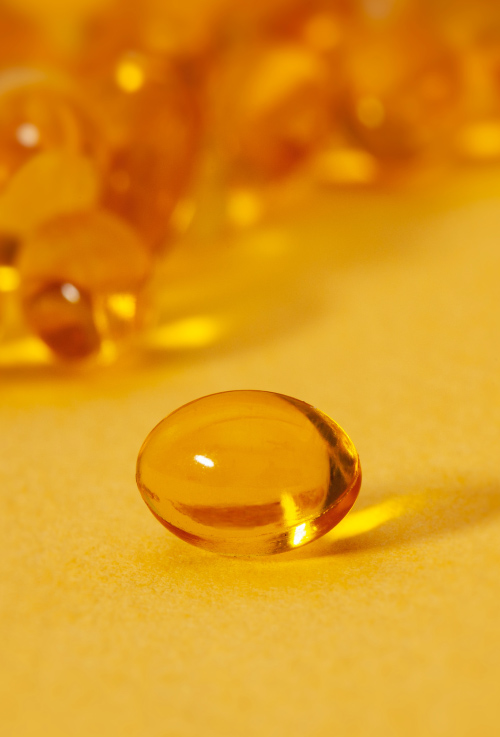
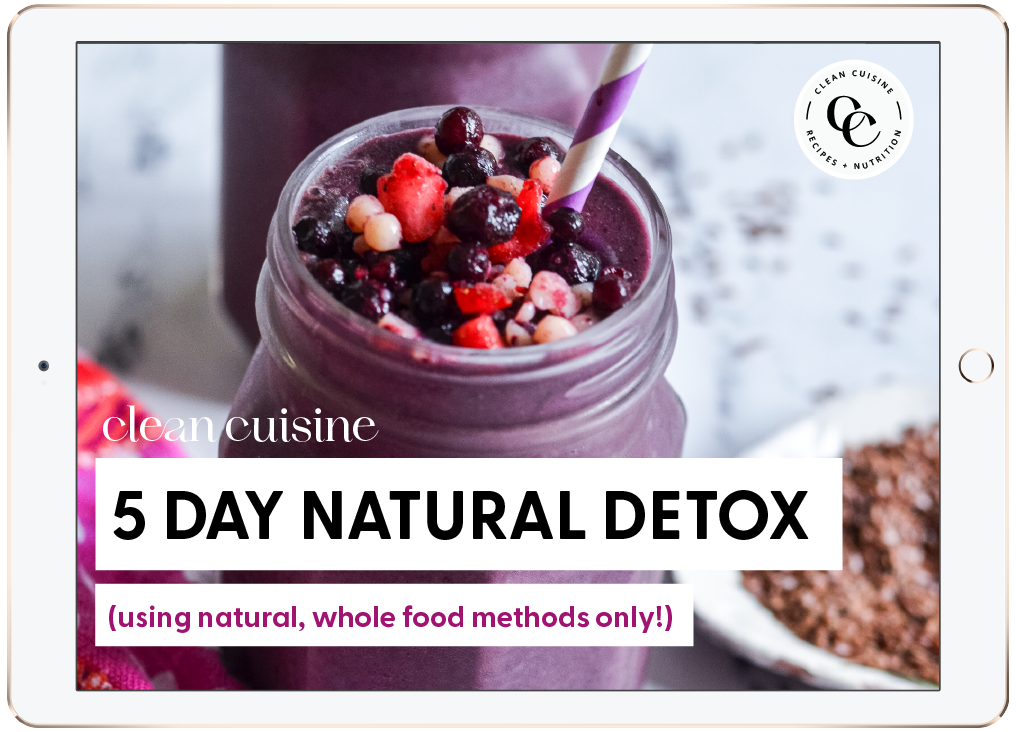

beth wolberg
Sunday 7th of September 2014
Do you call ahead to order the secret vegetable plate? I am going to dinner next weekend with friends and there is nothing on the menu for me to eat..I was going to call and ask if they could to plain fish with steamed vegetables and plain potato. I am a pescatarian too. I don't know how I found you but am grateful..I am on day 39 of the 8 week challenge..love it and you!!! Thank you!!
Erin Lodeesen
Tuesday 9th of September 2014
I've never called ahead. I just ask the waiter to bring me a nice big helping of vegetables. All restaurants (well....any restaurant worthy of the name restaurant) have vegetables, and they are usually quite willing to oblige.